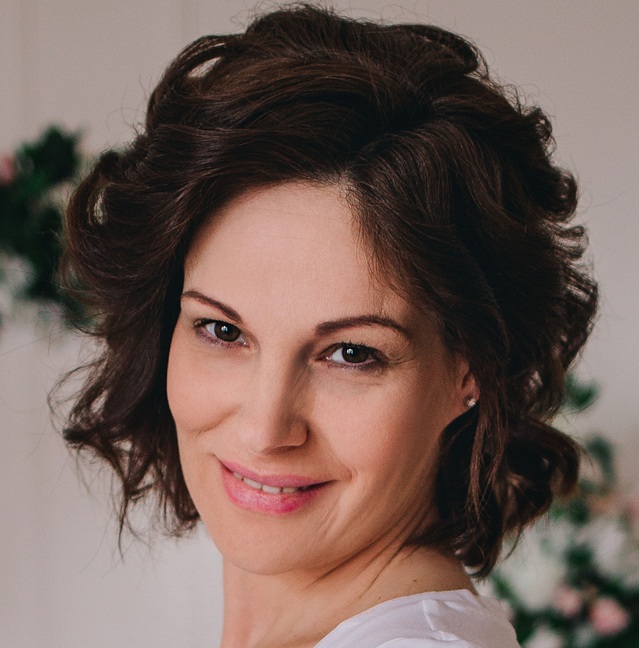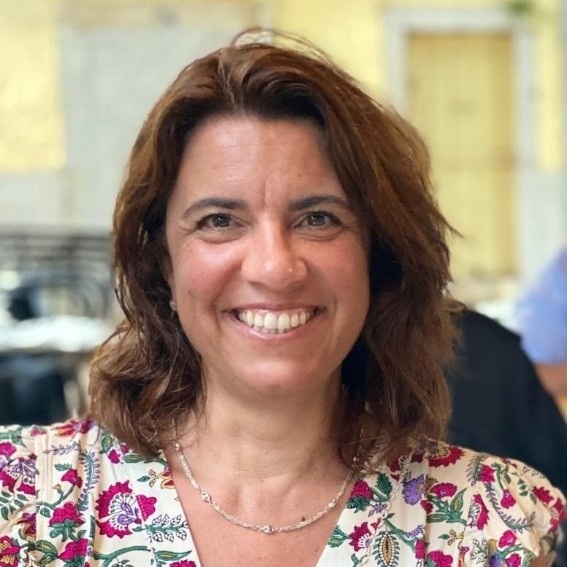Green Nanotechnologies: Upscaling of Agri-Waste into Technologies for Energy Storage and Environmental Remediation
Prof. S.K. Nataraj is currently working as Professor at Centre for Nano and Material Sciences (CNMS), Jain University, Bangalore, India. He obtained his PhD on ‘Membrane Based Separation Processes for Industrial Effluent Treatment’ in 2008 from Centre of Excellence in Polymer Science (CEPS), Karnatak University, Dharwad, India. After completion of PhD, he moved to Alan G MacDiarmid Energy Research Institute (AMERI), Chonnam National University, South Korea as a Postdoctoral Associate assignment (2007-2009) to work on Energy Materials. During 2009-10. Between 2010-11 he worked as Postdoctoral Associate at Institute of Atomic Molecular Sciences (IAMS), Academia Sinica, Taiwan to develop ion-exchange membranes for Fuel Cell applications. Further, he was awarded Qatar University visiting fellowship at Cambridge University (2010-11) and continued as full time Postdoctoral Research Associate (2011-2013) at Cavendish Laboratory, University Cambridge, UK. Later, he moved to India to work as DST-INSPIRE Faculty Fellow (2013-2015) at CSIR-CSMCRI, Bhavnagar where his main areas of research were to develop Sustainable Materials and Processes for Energy and Environmental applications including Supercapacitors, Fuel Cells, Membrane processes for wastewater treatment, Functional Nanomaterial-based devices for wastewater treatment and the value addition of bioresources. Dr. Nataraj serves as Editorial Board Member of prestigious Chemical Engineer Journal, and Aqua and several others listed below;
Nataraj is serving as Editor for Chemical Engineering Journal (13.3), Associate Editor of AQUA - Water infrastructure, Ecosystems and Society (IF=4.3), Guest Editor of JOVE (Video Journal) General Chemistry, Frontiers in Membrane Science and Technology, Current Indian Sciences and so on. And Received fellowships and awards such as Fellow of Royal Society of Chemistry (FRSC), Brain Pool Outstanding Research Fellow (BP), AMAROUT Fellowship, Jain University Researcher of the Year DST-INSPIRE Faculty Award QNR Fellowship (Cavendish Lab, UK. Nataraj has published 7 books so far from leading publishers like Wiley, Springer, CRC Press IK International CRC Press, Wiley
He teaches courses in Separation and Purification Technologies, Battery-Fuel Cells and Solid-State Materials at postgraduate level. A Quick Summary of Credentials: he has now Published >220 Research Articles, 14 US/PCT Patents, more than 45 Book Chapters, 7-Authored Books and 1 Edited Book to his credit. He has over 7810 Citations and delivered >60 Invited talks. His socially relevant works have been highlighted several magazines and news articles like Nature Asia, Outlook so on


